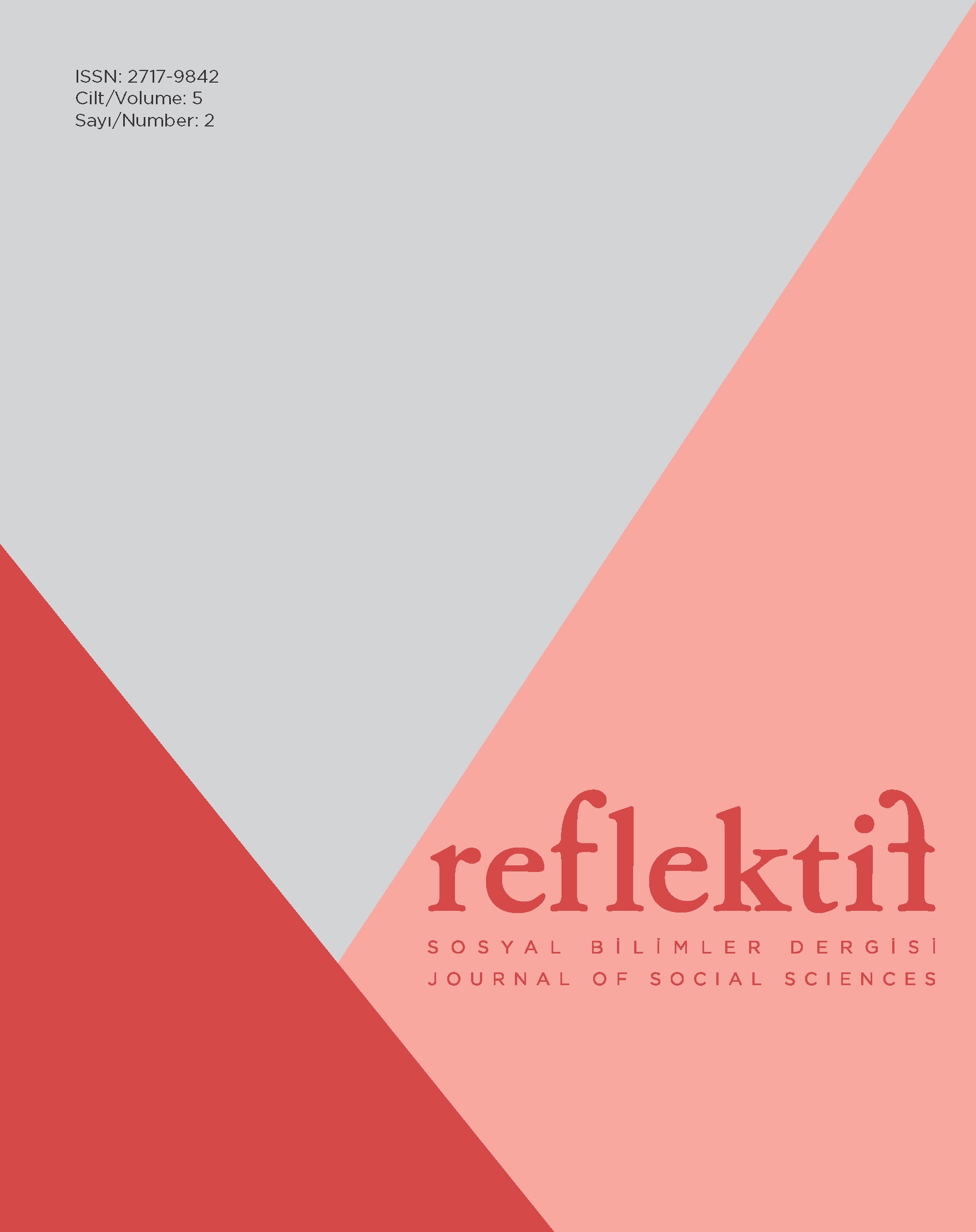Street Animals in Turkey as a Wicked Problem: A Critical Public Relations Perspective
DOI:
https://doi.org/10.47613/reflektif.2024.162Keywords:
wicked problems, public relations, critical public relations, animal rights, animals living in the streetsAbstract
This study aims to describe the problems arising from the interactions between animals living in the streets in Turkey, civil Society initiatives and volunteers working in this field, and the central government and local administrative units “managing” this area. The interactions are examined and described in the context of “wicked problems,” initially conceptualized in the field of social planning and later discussed in various fields. The study aims to propose a framework for how the discipline of public relations can positively contribute to this problematic area, drawing on the literature of wicked problems and critical public relations, as well as the author’s personal experiences in the field of animal rights. The study contributes to the limited number of works related to animals in both traditional and critical public relations literature. Highlighting the unique conditions of Turkey, the study presents a framework that can inspire not only civil initiatives and volunteers advocating for the rights of street animals in Turkey but also the public relations practitioners.
Downloads
Published
How to Cite
Issue
Section
License
Copyright (c) 2024 Barika Göncü

This work is licensed under a Creative Commons Attribution-ShareAlike 4.0 International License.
All manuscripts which are submitted to the REFLEKTIF Journal of Social Sciences should not be published, accepted and submitted for publication elsewhere.
In case an article is accepted for publication it is allowed to combine the article with other researches, to conduct a new research on the article or to make different arrangements on condition that the same license is used including the commercial purpose.
As an author of an article published in REFLEKTIF Journal of Social Sciences you retain the copyright of your article and you are free to reproduce and disseminate your work.




